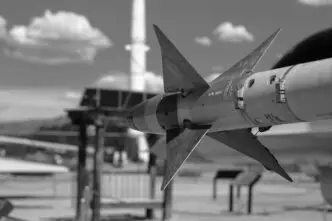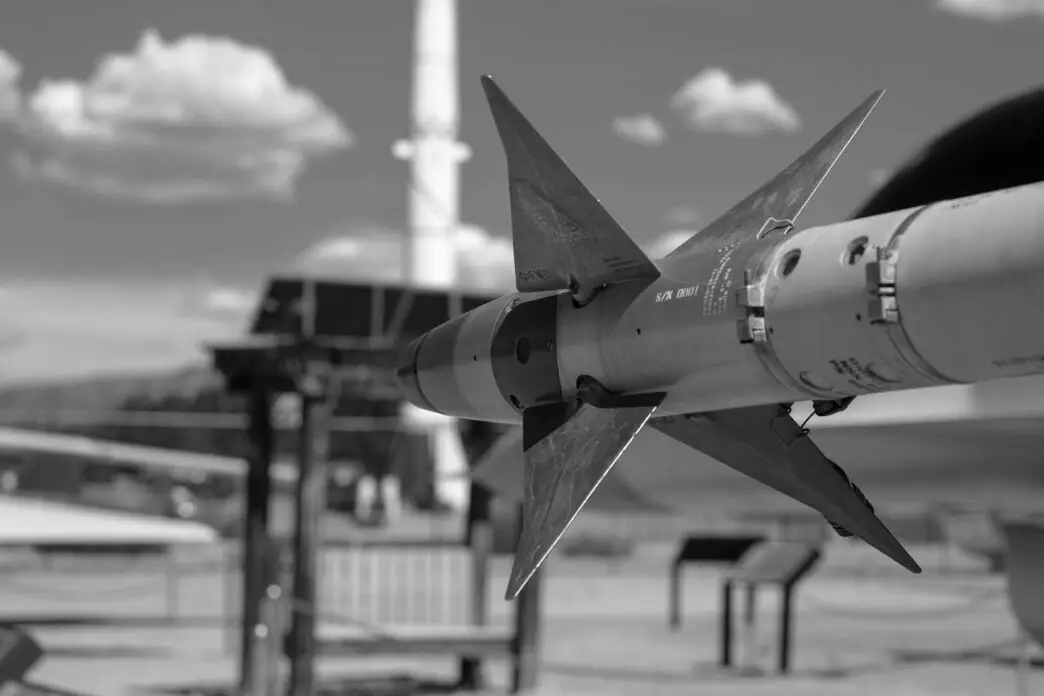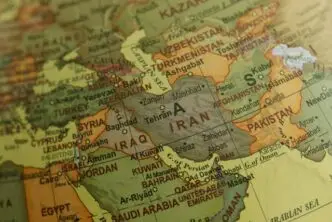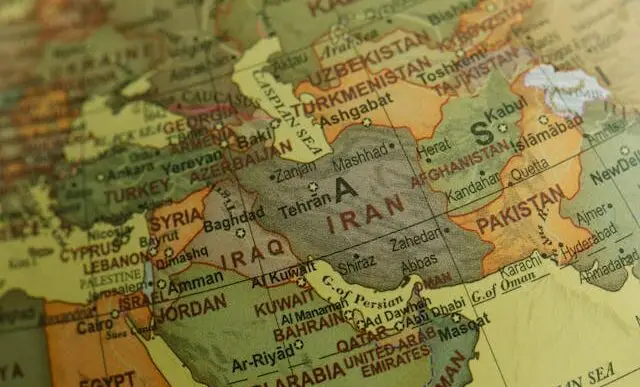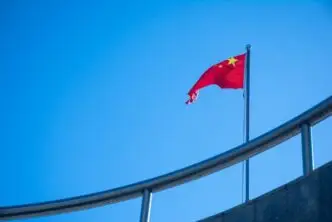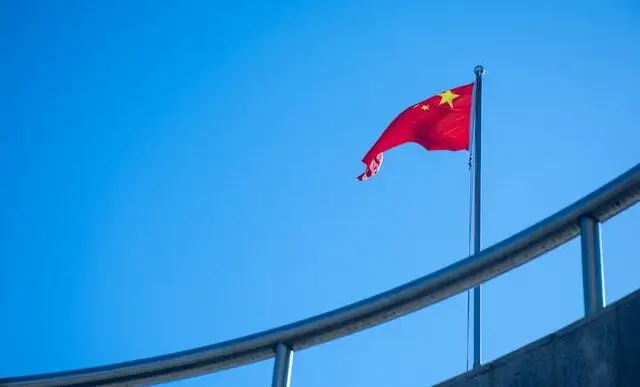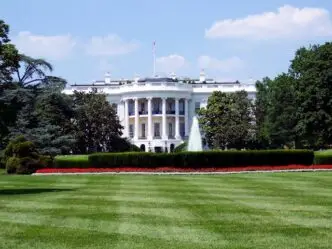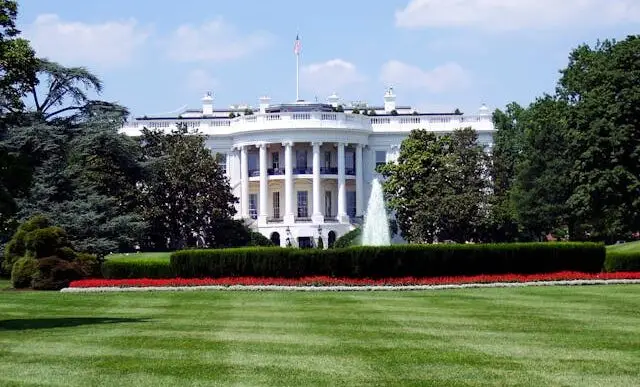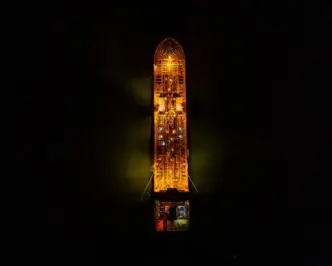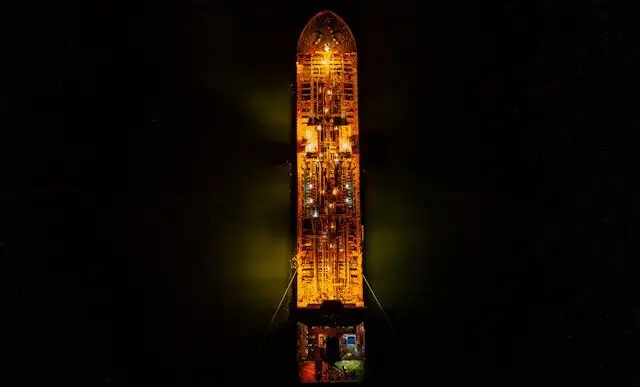Hezbollah Retaliates with Missile Attack on Israel Following IDF Strikes in Beirut
Hezbollah Retaliates with Missile Barrage on Israel
In a recent escalation of violence, Hezbollah, the Lebanese militant group, launched a multitude of missiles and other projectiles into Northern Israel on Sunday. The retaliatory strike followed the Israel Defense Forces’ (IDF) deadly bombardment of Hezbollah command centers in Beirut, marking a significant rise in tensions between the two adversaries.
The exchange of fire, which sent residents on both sides of the border scrambling for shelter, comes amid a backdrop of heightened regional tensions. The IDF strikes in Beirut, which Hezbollah claims resulted in several casualties, have been viewed as an audacious move by Israel in its efforts to curb the militant group’s influence and capabilities.
Hezbollah’s Retaliatory Fire
According to Israel’s military, Hezbollah fired several anti-tank missiles from southern Lebanon towards the Israeli border town of Avivim. The IDF reported that the missiles targeted an army base and vehicles, causing some damage but no casualties. Residents of Northern Israel were ordered to stay in their homes and near shelters, as the IDF returned fire with artillery and airstrikes.
“Hezbollah should know that it is playing with fire,” said Israeli Prime Minister Naftali Bennett. “Any attack against the State of Israel will be met harshly. The IDF is prepared for any scenario.” Bennett’s comments underscore the Israeli government’s hardline stance against Hezbollah and its backer, Iran.
Escalating Tensions in Beirut
The IDF’s earlier strikes on Beirut, which Hezbollah alleges caused several casualties, marked the first such attack in the Lebanese capital since the 2006 Lebanon War. Israel has accused Hezbollah of developing and storing precision-guided missiles in Beirut, a claim the militant group vehemently denies.
Hezbollah’s leader, Sayyed Hassan Nasrallah, said in a televised address that the group had taken a “very dangerous and sensitive” decision to retaliate against Israel. “This is a clear and strong message to Israel that we are ready to retaliate,” Nasrallah said. “We are not afraid of any war, and we will not hesitate to defend our land.”
The Regional Implications
The escalation between Israel and Hezbollah threatens to destabilize an already volatile region. The strikes have drawn widespread condemnation from the international community, with the United Nations calling for restraint from all parties involved. The United States, a staunch ally of Israel, has expressed concern over the escalation of violence and has urged both sides to de-escalate tensions.
“We are closely monitoring the situation and are concerned by the escalation of violence,” said Ned Price, a spokesman for the U.S. State Department. “We call on all parties to exercise restraint and avoid any actions that could lead to further escalation.”
As the situation continues to unfold, the international community watches with apprehension. The ongoing conflict has not only reignited longstanding hostilities but also threatens to draw in other regional players, escalating the situation further. The potential for a broader conflict underscores the need for a diplomatic solution to the ongoing tensions between Israel and Hezbollah.

